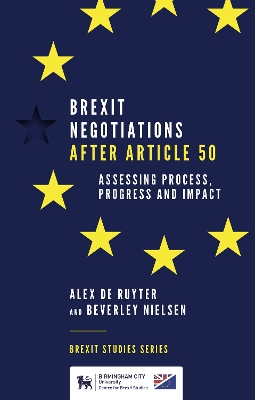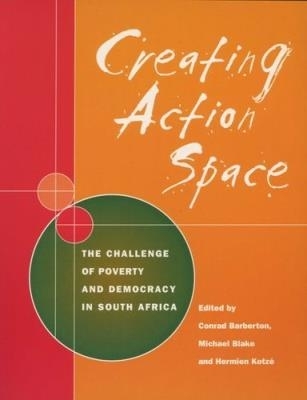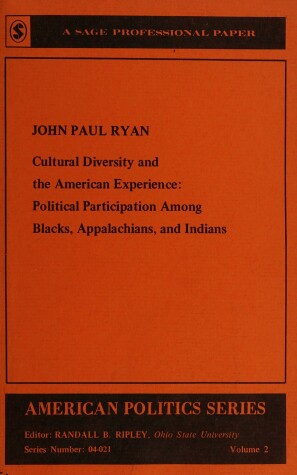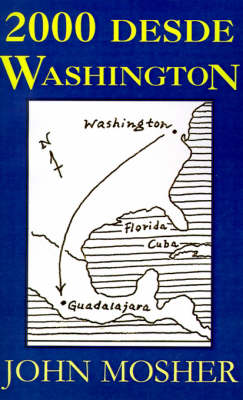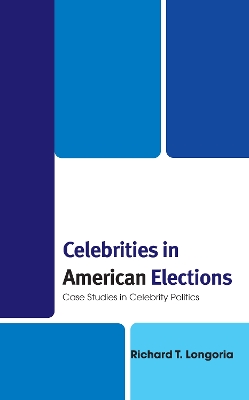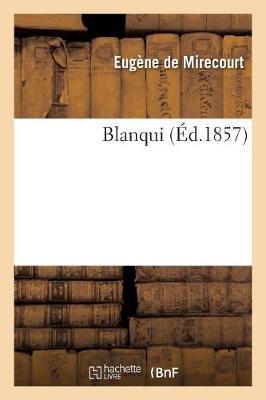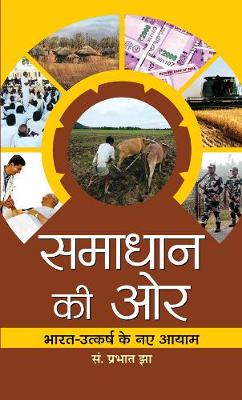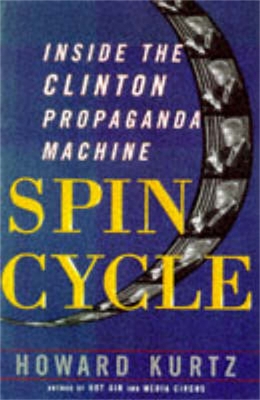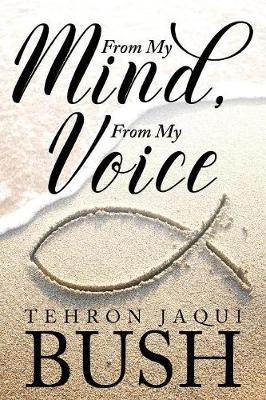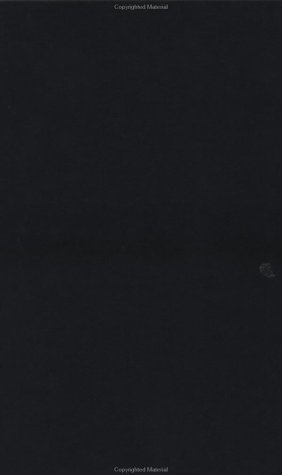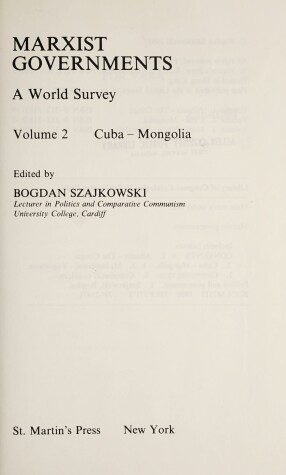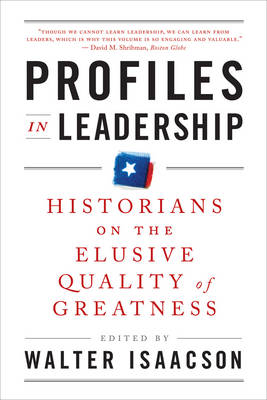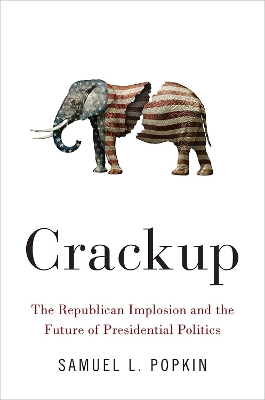Media and Momentum (Chatham House series on change in American politics)
Wahlkampf in den sozialen Medien. Facebook und die Hamburger Burgerschaftswahl 2015
by Anja Niehoff
Brexit Negotiations After Article 50 (Brexit Studies)
Brexit Negotiations after Article 50: Assessing Process, Progress and Impact brings together contributors from academia, politics and practice to discuss and debate the progress (or lack of) to date since the Prime Minister, Theresa May, enacted the Article 50 process to leave the EU on 29th March 2017. This collection is split into two key areas of inquiry. The first section explores the process of Brexit and the multifaceted aspects of the Article 50 process, examining the arguments for and...
Placing Parties in American Politics: Organization, Electoral Settings, and Government Activity in the Twentieth Century
by David R Mayhew
Creating Action Space
Cultural Diversity and the American Experience (American Policy S.)
by John Paul Ryan
Using a case study approach, Celebrities in American Elections contends that celebrities have the talent, fame, and resources to succeed in electoral politics. These factors account for the electoral victories of Ronald Reagan, Clint Eastwood, Fred Grandy, Sonny Bono, Jesse Ventura, Arnold Schwarzenegger, Al Franken, and Donald Trump. However, the author argues that these items are insufficient without a favorable political environment; as many celebrities have lost elections as have won them. T...
Spin Cycle is the first behind-the-scenes account of the White House political operation as it packages and shapes the news by manipulating, misleading, and in some cases, intimidating the press. It is also the tale of how some of the nation's top journalists buy into these efforts and, often, put their own spin on the news.Compelling, infuriating, often devastatingly funny, this is the story you should read before you pick up the newspaper tomorrow morning.
La Dificil Convivencia (Coleccion Estudios Politicos y Sociales)
by Carlos Orgaz
What made FDR a more successful leader during the Depression crisis than Hoover? Why was Eisenhower more effective as supreme commander during World War II than he was as president? Why was Grant one of the best presidents of his day, if not in all of American history? What drove Bobby Kennedy into the scrum of electoral politics? Who was Pauli Murray and why was she one of the most decisive figures in the movement for civil rights? Find the surprising and revelatory answers to these question...
This is a study of changes that have occurred in British party and electoral politics since 1964. It assesses the decline of Labour party support and attributes it to changes in social structure that have reduced the size of class groups which provided the bulk of the Labour vote and to the reduced appeal of Labour to these groups. A similar decline in Conservative support among traditional Tory social groups makes this a general phenomenon of declining class voting. The consequence of this decl...
In Crackup, the eminent American politics scholar Samuel Popkin tells the story of how the Republican Party fractured into uncompromising groups with irreconcilable demands. Changes in campaign finance laws and the proliferation of mass media opened the way for newly energized groups to split the party. The 2002 "McCain-Feingold" campaign finance reform bill aimed to weaken the power of big corporations and strengthen political parties by ending corporate donations to the parties. Instead, it we...


